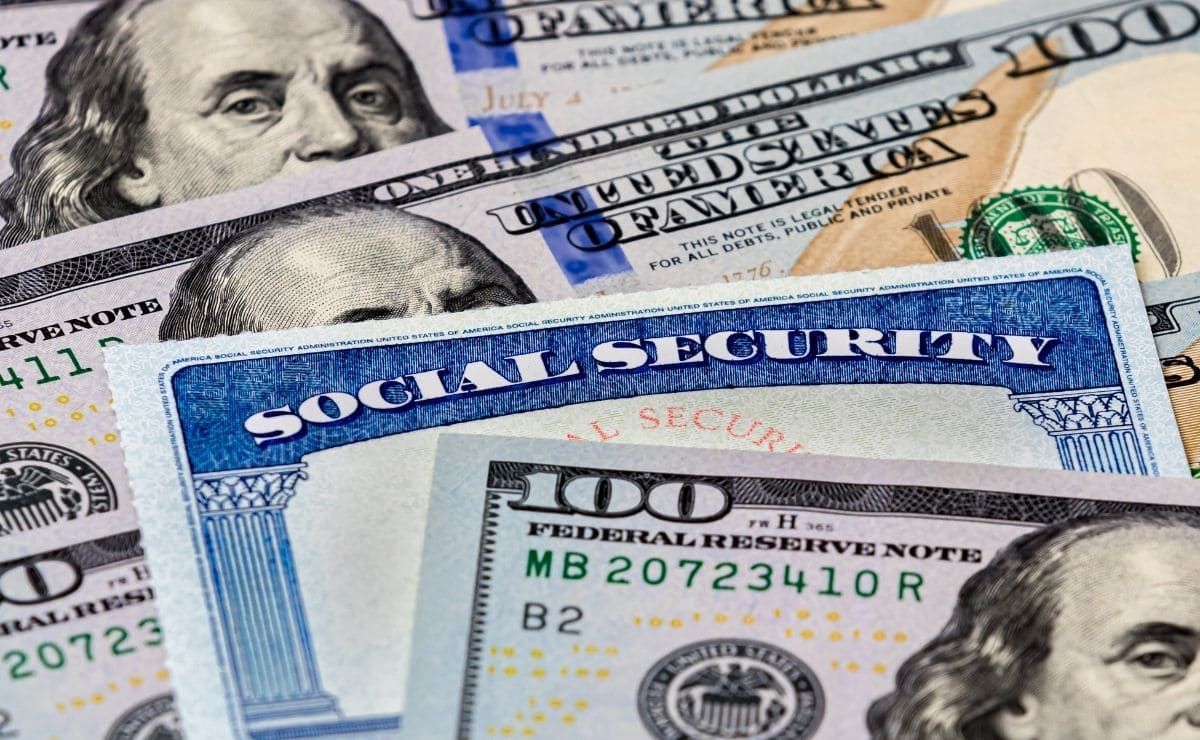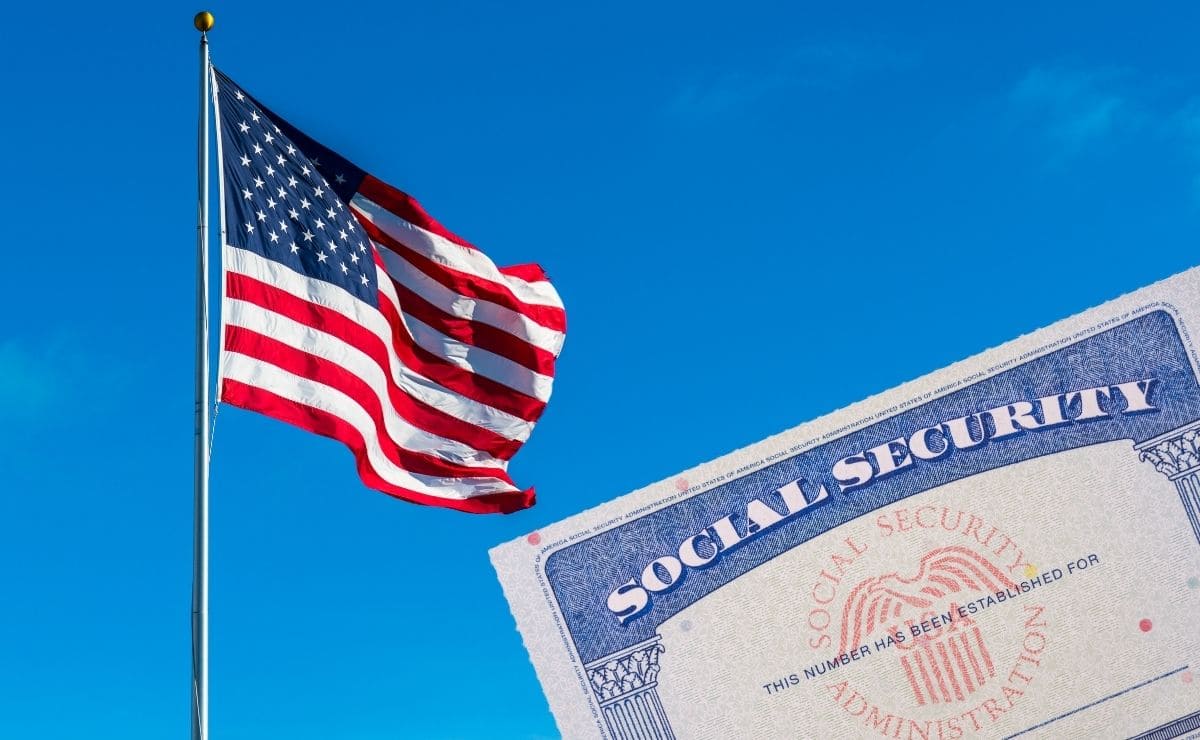The Social Security payment system in the United States has very well established rules in all aspects. Therefore, we can know very well what day we will get a check each month. Likewise, we will also be able to know what will be the amount that we will get month by month.
Apart from this, another fundamental element is the payment of taxes. And this is also very well established by the Social Security Administration and the United States Government. Taxes are an important thing to have a better society and retirement beneficiaries also pay their share.
But not all States levy the same taxes. In some of the states we will have to pay double taxes, since we will have to pay federal taxes, which apply to all American Social Security beneficiaries, and state taxes. For that reason, some retiree checks have your benefit at risk.
If you don’t want to get in trouble with your state’s taxes, just check the list of states that tax Social Security beneficiaries. If your state is on the list, you’d better pay them on time so you don’t pay penalties or anything like that. It’s hard enough to have enough money for the whole month because of inflation without having tax surprises.
WHICH STATES LEVY SOCIAL SECURITY TAXES?
There are 12 states that levy state taxes on Social Security beneficiaries. This means that if you live in one of those states, it doesn’t matter whether you pay federal taxes or not. You will have to pay, yes or yes, taxes related to your retirement check.

These states include Colorado, Connecticut, Kansas, Minnesota, Missouri, Missouri, Montana, Nebraska, Nex Mexico, Rhode Island, Utah, Vermont and West Virginia. Each and every one of them has its specifications regarding the taxes to be paid.
Let’s take a look at those specifics to keep in mind for our financial planning with our Social Security check. These are the states in which we must pay state taxes:
- Colorado: Retirees age 65 or younger with $20,000 or more in taxable benefits will have to pay state taxes. Only dollars over that figure are taxable. Dollars under $20,000 do not fall under the Tax Return.
- Connecticut: For individual Tax Return beneficiaries who have an annual income of $75,000, they will have to pay about 6% in taxes. The exact figure depends on the total amount.
- Kansas: 5.7% of Social Security checks will have to go to state taxes if the beneficiary earns above $75,000 annually.
- Minnesota: In this state, beneficiaries could pay between 6.8% and 9.85% in taxes depending on whether they exceed a certain monthly income threshold.
- Missouri: Exceeding $85,000 for single beneficiaries or $100,000 for joint beneficiaries causes citizens of this state to pay 5.4% of a portion of Social Security.
- Montana: Beneficiaries exceeding $25,000 alone will have to pay 6.75% of 85% of their benefits in state taxes.
- Nebarska: All Social Security income is taxable in Nebraska. The usual payment is about 4%, but the maximum is 6.84% and depends on the total amount over the year.
- New Mexico: Beneficiaries with benefits over $100,000 will pay between 4.9% and 5.9%.
- Rhode Island: If you exceed $95,800 in this state you will pay between 4.75% and 5.99% in state taxes.
- Utah: 4.65% of an annual Social Security payment of $45,000 or more will go to the state in taxes.
- Vermont: Americans in this state over $50,000 will have to pay a minimum of 3.35% and a maximum of 8.7% in taxes.
- West Virginia: Beneficiaries with an annual benefit of $50,000 or more will have to pay taxes of 5.13% in the state of West Virginia.
If we take all this information into account, we will be able to determine whether or not we will pay taxes in our state. Even so, when in doubt, it is best to consult a specialist or an advisor to help us file our Tax Return and thus pay all the mandatory taxes related to Social Security.




